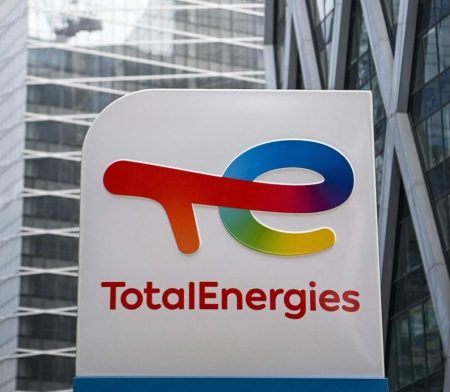
Oscarline Onwuemenyi 23 November 2016, Sweetcrude, Abuja – Maintenance work at the offshore Agbami field in the first two weeks of next month is expected to cut Nigeria’s crude oil production by 125,000 barrels per day, b/d.
Located 220 miles south-east of Lagos, Agbami oil field is operated by Chevron and has delivered 250,000 barrels per day for more than six years.
The output cut resulting from Agbami will compound the problem of Nigeria, already suffering production shutdown from popular export grade Forcados in the past weeks.
Nigeria’s oil output had recovered sharply in the past few months on the return of Qua Iboe, Forcados and Bonny Light as militant attacks were slowing down.
October output, including condensate grade Akpo, rose to around 1.84 million b/d, according to S&P Global Platts estimates. But with Forcados – which averaged in the range 150,000-200,000 b/d the previous month – now out, production for the rest of the year will again plummet.
On November 2, the Trans-Forcados pipeline was bombed just hours after President Muhammadu Buhari met with senior Niger Delta leaders to end the militancy, outlining the fragility of a possible peace deal.
Forcados production had been affected more than initially expected, and with no signs of a December and January loading programme, exports of the grade are likely to be out until early next year, according to sources quoted by Platts.
The bomb attack on Trans-Forcados pipeline damaged the line and caused an oil spill, with exports of this grade also facing loading and operational delays, production has been suspended.
The oil spill came about from the explosion that occurred on the Trans-Forcados pipeline while engineers were trying to fix the facility previously attacked by militants, a source also said.
The spill was hindering repair works and was seen as one of the reasons why market participants were doubtful that more loading programmes would be issued, it was gathered.
A Shell spokeswoman declined to comment on the oil spill but confirmed that Forcados was still under force majeure.
Nigeria’s oil output plummeted to near 30-year lows of around 1.3 million-1.4 million b/d in May from 2.2 million b/d earlier this year as attacks on oil facilities in the Niger Delta rose at an alarming pace due to resurgent militancy.



